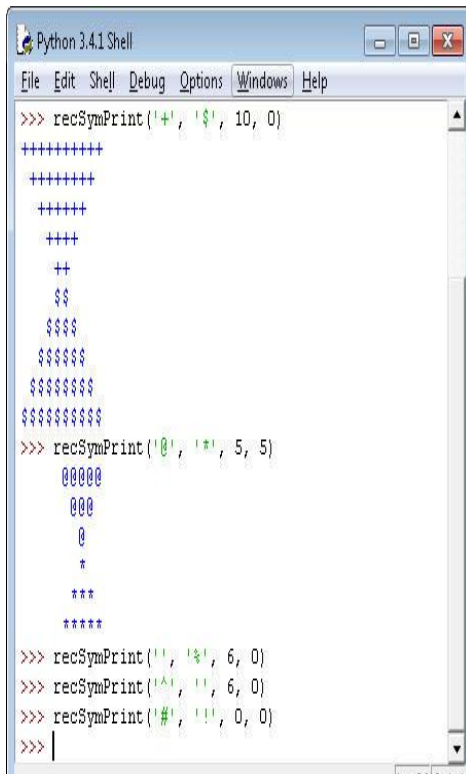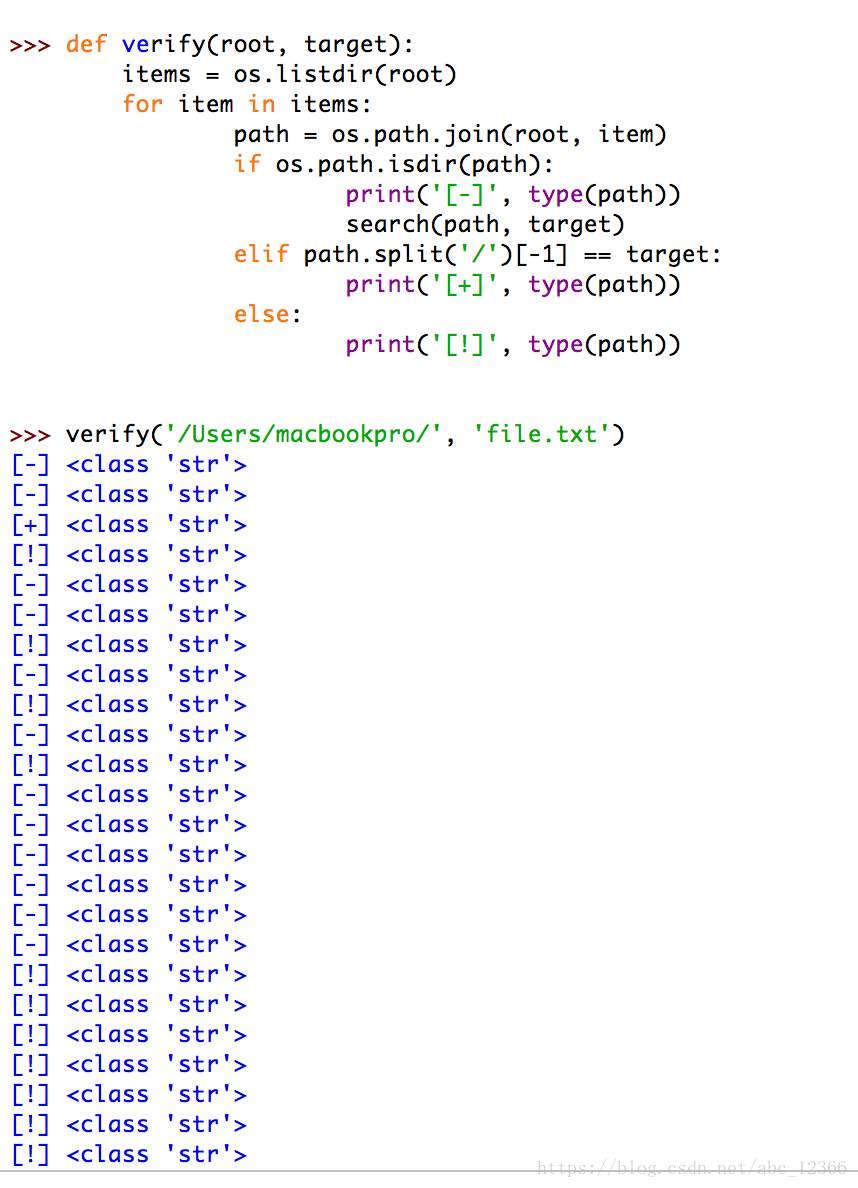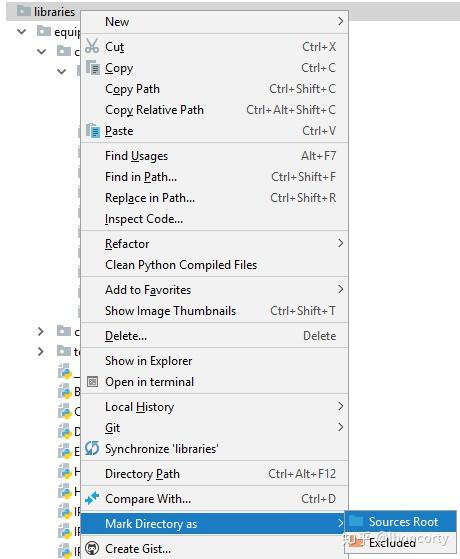


In Python, the glob module plays a significant. You can do it this way to return you a list of absolute path files. In the following code, we have displayed the files in the directory and the subdirectories of MyFolder. From Python 3.5 onwards, programmers can use the Glob() function to find files recursively. The walk() is a recursive method that generates the file names in a directory tree by either walking in a top-down or bottom-up manner. Current Directory: You run the Python script.

ONLY Files: You do not want to list folder names. We can fetch, create, remove and change the directories using this module. Non-Recursive: You do not want to list files in subdirectories. It has many built-in functions that deal with the file system. In our case, this folder is located in the home directory of Python’s environment. Note: This task is for recursive methods. In the following code, we have displayed the files in the directory and the subdirectories of MyFolder. Task Walk a given directory tree and print files matching a given pattern. In our example directory, we can write in script.py: Copy 1 2 3 4 from pathlib import Path for p in Path( '.' ). The walk () is a recursive method that generates the file names in a directory tree by either walking in a top-down or bottom-up manner.

The glob's pattern rule follows standard Unix path expansion rules. Linux + macOS > import pathlib > desktop pathlib.Path('C:/Users/RealPython/Desktop') > desktop WindowsPath ('C:/Users/RealPython/Desktop') With these OS-aware objects, you can take advantage of the many methods and properties available, such as ones to get a list of files and folders. To list the contents of a directory using Python 3.4 or higher, we can use the built-in pathlib library's iterdir () to iterate through the contents. In Python, the glob module plays a significant role in retrieving files & pathnames that match with the specified pattern passed as its parameter. The os module in Python provides a means to interact with the Operating System. From Python 3.5 onwards, programmers can use the Glob () function to find files recursively. Use os.walk() to List All Files in the Directory and Subdirectories in Python This guide will walk through the os.walk(), listdir(), and glob. Since Python versions lower than 3.5 do not have a recursive glob option, and Python versions 3. Python provides many ways to access a list of files in a directory and subdirectories. Use os.Getwd to find the current working directory, and os.Executable to find the executable that started the current process.


 0 kommentar(er)
0 kommentar(er)
